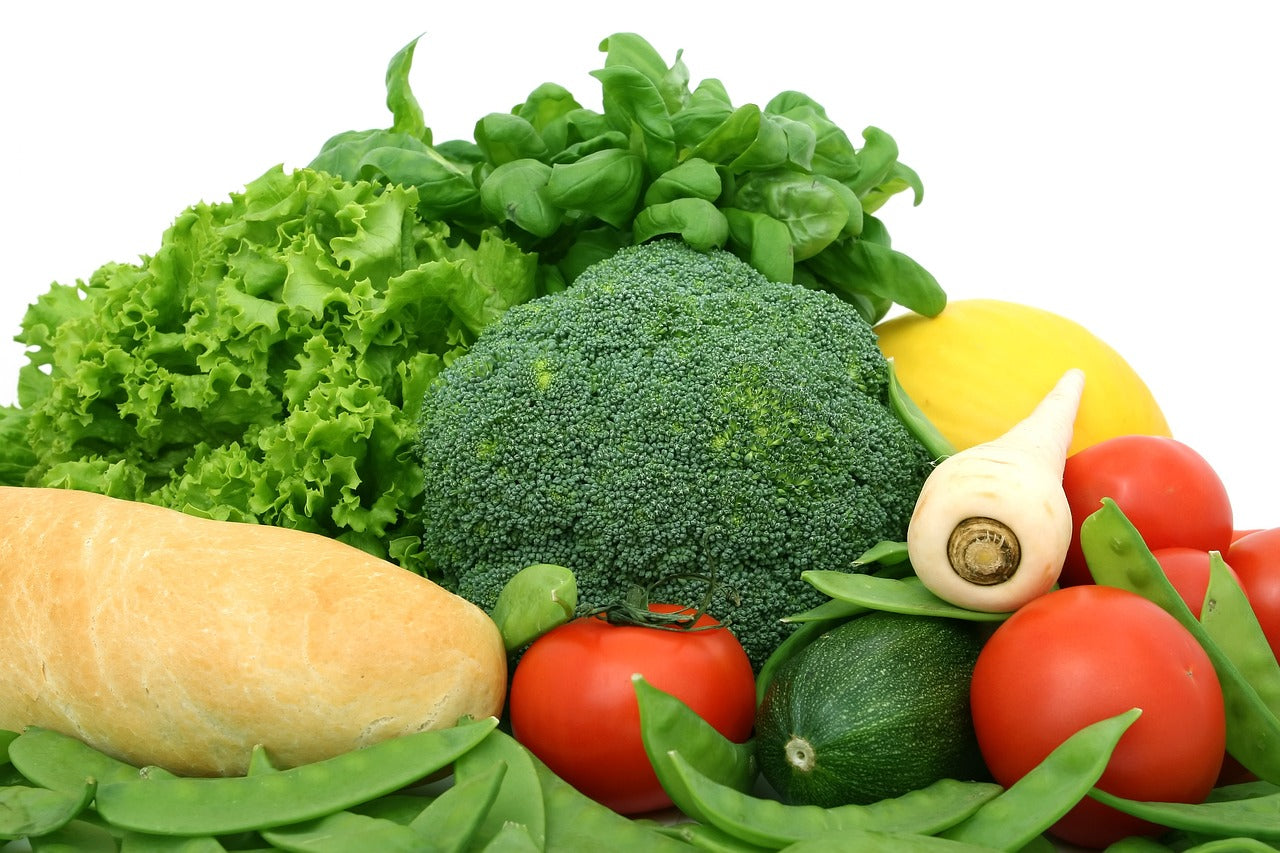
The Role of Nutrition in Healthy Aging: Essential Tips for Over-55s
As we age, the role of nutrition becomes increasingly important in maintaining overall health, energy, and quality of life. A well-balanced diet can help boost immunity, improve bone health, and reduce the risk of age-related illnesses. For those over 55, making conscious dietary choices is not just about living longer but about living better. Here’s a guide to understanding the importance of nutrition in healthy aging and practical tips to enhance your diet.
Why Nutrition Matters More Than Ever
As we grow older, our bodies undergo changes that affect how we process and absorb nutrients. Muscle mass tends to decrease, metabolism slows, and the risk of chronic conditions such as heart disease, osteoporosis, and diabetes increases. Proper nutrition can counteract these changes by:
- Supporting Bone Health: Essential nutrients like calcium and vitamin D help maintain strong bones and prevent fractures.
- Boosting Immunity: A balanced diet strengthens your immune system, reducing susceptibility to illnesses.
- Improving Energy Levels: Nutrient-rich foods fuel your body and combat fatigue.
- Enhancing Mental Well-being: Certain nutrients, such as omega-3 fatty acids, contribute to brain health and emotional stability.
Key Nutrients for Healthy Aging
Here are some essential nutrients to focus on for optimal health after 55:
-
Calcium and Vitamin D
- Why: Vital for maintaining bone density and preventing osteoporosis.
- Sources: Dairy products, leafy greens (such as kale and spinach), fortified cereals, and oily fish like salmon.
-
Protein
- Why: Helps preserve muscle mass, which tends to decline with age.
- Sources: Lean meats, eggs, beans, lentils, and tofu.
-
Fibre
- Why: Aids digestion and helps prevent constipation, a common issue among seniors. Fibre also supports heart health.
- Sources: Whole grains, fruits, vegetables, nuts, and seeds.
-
Omega-3 Fatty Acids
- Why: Promotes brain health, reduces inflammation, and supports heart health.
- Sources: Oily fish (like mackerel and sardines), walnuts, and flaxseeds.
-
Vitamin B12
- Why: Important for brain function and producing red blood cells. Absorption can decline with age, so seniors may need more.
- Sources: Meat, fish, dairy products, and fortified foods.
-
Antioxidants
- Why: Combat free radicals that contribute to aging and chronic diseases.
- Sources: Colourful fruits and vegetables such as berries, carrots, and tomatoes.
Hydration: The Often Overlooked Key
Staying hydrated is just as important as eating well. Dehydration can lead to fatigue, confusion, and even urinary tract infections. Seniors are often less sensitive to thirst, so it’s important to make a conscious effort to drink plenty of water throughout the day. Aim for 6-8 glasses daily, and consider options like herbal teas and soups if plain water doesn’t appeal.
Practical Tips for a Nutritious Diet
-
Plan Balanced Meals
Include a mix of protein, whole grains, healthy fats, and plenty of fruits and vegetables in every meal. -
Opt for Smaller, Frequent Meals
Eating smaller portions throughout the day can help maintain energy levels and support digestion. -
Limit Salt and Sugar
High sodium levels can lead to high blood pressure, while excessive sugar increases the risk of diabetes. Replace salt with herbs and spices for flavour, and opt for natural sweeteners like fruit. -
Be Mindful of Portion Sizes
With a slower metabolism, it’s important to avoid overeating. Use smaller plates and eat slowly to help control portions. -
Consider Supplements if Needed
If you struggle to meet your nutritional needs through diet alone, speak with your GP about appropriate supplements, especially for calcium, vitamin D, and B12.
Simple Meal Ideas for Seniors
- Breakfast: Porridge topped with fresh berries and a sprinkle of flaxseeds.
- Lunch: Grilled salmon with a side of quinoa and steamed broccoli.
- Snack: A handful of almonds or a piece of fruit.
- Dinner: Chicken and vegetable stir-fry served with brown rice.
- Dessert: A small bowl of Greek yoghurt with honey and walnuts.
Conclusion
Healthy aging begins with what’s on your plate. By focusing on nutrient-rich foods, staying hydrated, and making small but impactful changes to your eating habits, you can maintain energy, enhance well-being, and enjoy an active lifestyle well into your later years. Remember, it’s never too late to make healthier choices—your body and mind will thank you.
If you’re unsure where to start, consult a nutritionist or healthcare provider to create a personalised plan that meets your specific needs. Here’s to a healthier, happier you!



Leave a comment
This site is protected by hCaptcha and the hCaptcha Privacy Policy and Terms of Service apply.